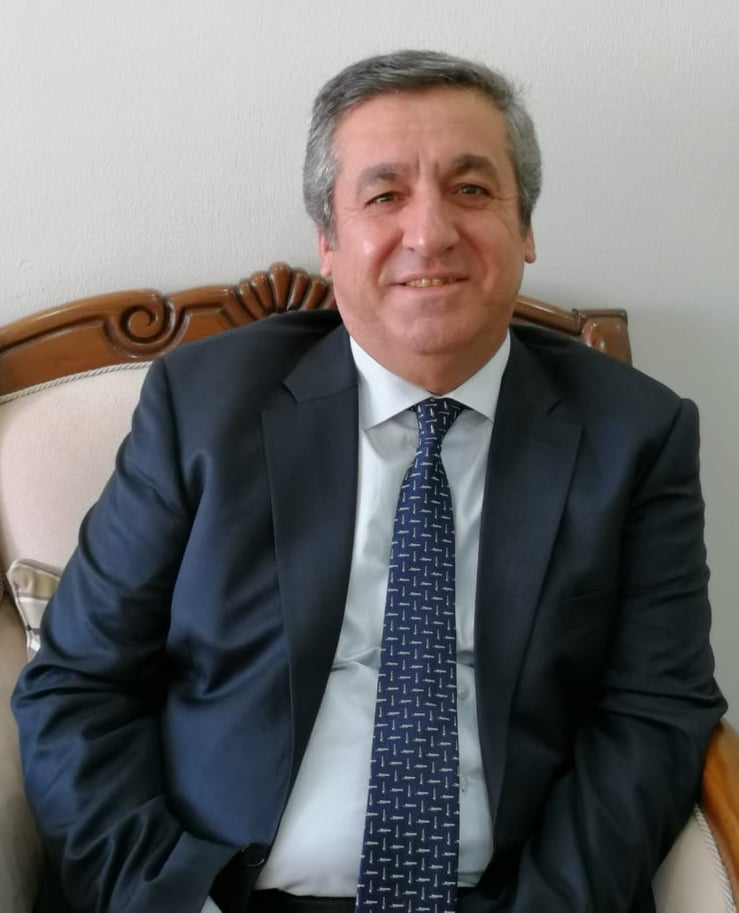
There are two fundamental forces that determine life: "The power of love" and "The love of power".
These two forces, positive and negative, have a profound influence on a person’s values and relationships. They determine the way people see each other and their environment, their attitudes in relationships and their value systems. There are clear distinctions between these two forces.
The Power Of Love
The power of love is rooted in the desire to have a positive impact on oneself and others and to prioritise the well-being of others. This force is based on values such as honesty, justice, virtue, morality and compassion. In this approach, a person’s ethical and moral responsibility takes precedence.
This power stems from love and empathy. A person with the power of love uses their strength to support others, help them and make a positive difference. They act with the desire to contribute to the well-being of others as well as their own personal development.
The power of love is used to inspire, motivate and support others. It is not intended to harm others, but to contribute to their growth. The power of love promotes healthier, supportive and trusting relationships. Those who possess this power want others to grow as well and value sharing and collaboration.
The Love Of Power
The love of power represents a power-centred perspective. In this approach, a person focuses on their own interests and their quest for superiority. The desire to have power and influence over others is the primary motivator.
The love of power is often about controlling, managing or manipulating others. This view treats others as tools to be controlled or manipulated. It leads to unbalanced relationships in which the dominance of one party is emphasised and the other is forced to obey. The love of power can intensify negative emotions in relationships, such as pressure, jealousy or mistrust.
In this view, the pursuit of power takes centre stage and ethical principles often take a back seat. Power is seen merely as a tool to be acquired.
Conclusion
In the course of life, the power of love (the soul) and the love of power (the ego) are in constant conflict. The ego is the greatest defender of this duality; it is egoism. The ego is the source of contradictions and opposites in the human being. In order to free ourselves from the inner turmoil caused by these contradictions, we must cling to the enduring values of the soul and fight our battles under the guidance of these values in order to finally achieve an inner revolution. For the soul transcends contradictions. The soul is free from the effects of inner contradictions and frees itself from their pressure. When a person approaches his essence (his soul), he transcends these dualities.
When our soul is constantly at work, difficulties will be much easier to overcome in order to succeed in life. We must not forget that the "soul" is a divine energy that enables us to appreciate not only ourselves but everything, and it is the essence of life itself.
Yusuf Beğtaş
You can also send us an email to karyohliso@gmail.com
Leave a Comment